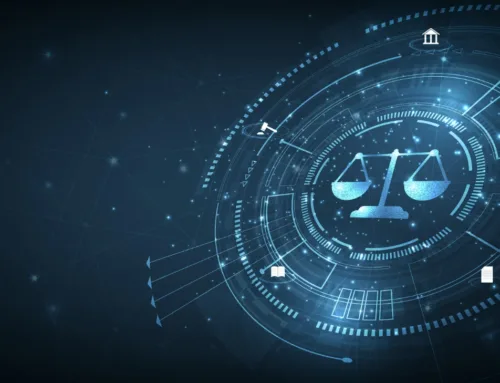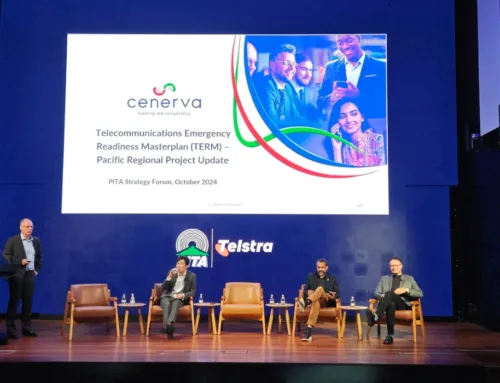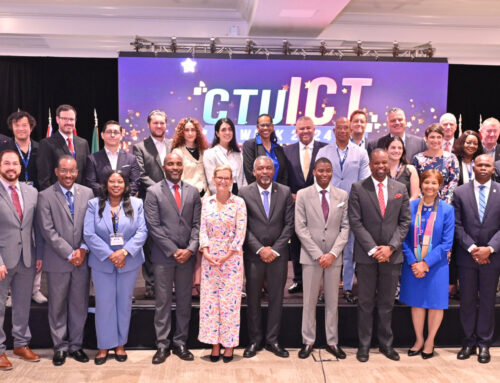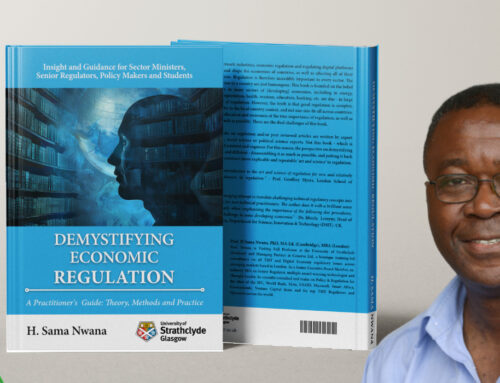A Perspective from Prof H Sama Nwana – Do We Need a United Nations-Style Regulation of AI?
On Wednesday 13th September 2023, the tech bigwigs, including Microsoft’s Bill Gates, Meta’s Mark Zuckerberg, Tesla’s Elon Musk, and Google’s Sundar Pichai, amongst others, gathered in Washington DC to discuss AI, with Elon Musk later stating there was “overwhelming consensus” for the regulation of artificial intelligence.
Here is the elephant in the room: unleashed AI on steroids is unregulatable – how does one regulate extremely clever peoples’ “thinking” intersecting with big tech industry self-interests, further intersecting with “rogue” countries cyber warfare – all unleashed by a rejuvenated AI?
These are my views.
AI is a branch of computer science dealing with the simulation of intelligent behaviour in computers, which further spun machine learning which strives to get computers to act without being explicitly programmed.
I was lucky to be part of a core team that started pushing AI ideas at British Telecom Labs (UK) in the mid-to-late 1990s, specifically the then-new area called intelligent software agents. My colleagues and I set about to design “smart agents” systems, which we defined as a combination of hardware and/or software capable of these: firstly, being able to act autonomously with little human control; secondly, being able to learn independently; and thirdly, being able to collaborate with other equally smart agents.
These three combined attributes underpin what we call today generative AI – or, as I would term it, “AI on the loose”.
Today, consider two or more autonomous ChatGPT bots, which learn independently and collaborate with other ChatGPT bots. Consider today an AI that could “generate” (design) new pharmaceutical drugs beyond human comprehension on the one hand but also others that can collaborate with other “rogue” AI smart agents to do terrible things.
Nobody thought of regulating us in those days because it was too early, and we obviously promoted the positive benefits such research would yield. I remind all that AI has been with us since the 1940s from the days of Alan Turing, but that AI is today on steroids for four reasons:
1. Much more advanced AI algorithms
2. Huge data sets or Big Data which companies like Meta and Google use AI to “mine” for humongous profits
3. Masses of storage with hyperscale data centres
4. Massive high-end computing including quantum.
Combined, these have enabled what we set out to do at BT in the 1990s with smart agents on full steroids. AI has been unleashed!
I argue that trying to regulate the genie-out-of-the-bottle now is ultimately not possible.
“Thoughts” and “thinking” that humans self-regulated in the past have now been unleashed onto machines.
We should all further visualise the following three propositions: AI on steroids as I have defined it above; intersecting with benevolent Big Tech industry interests that have created by far the biggest and wealthiest companies the world has ever seen, with the likes of Apple, Microsoft, Google and Meta further entrenching the USA’s tech and world dominance; and further intersecting with “rogue” (and non-rogue) countries’ interests who want to upend their perception of Western dominance.
“AI on the loose” and deliberate cyber warfare from rogue states is toxic, but it is already here.
Do you know what is worse in the eyes of many (not me!)? Those tech bigwigs who met in Washington to argue for AI regulation are perceived by many in other countries as kicking the ladder away from others trying to climb it to realise what made them mega-rich and mega-powerful in the first place, to be invited to the club.
In conclusion, I argue that sheer human ingenuity and “thinking” which drives all civilisation is at the core of a new AI on steroids, which, combined with benevolent Big Tech industry interests and non-benevolent “rogue” state interests too – make it ultimately unregulatable.
However, importantly, I argue we must still try to regulate it, as the Europeans have begun with the EC AI Act.
I just warn that regulating “out of control” thinking inside machines is nigh impossible and that those who want to lead the regulating – whether in the USA or Europe – may not be seen as the best referees.
I conclude that the United Nations is a flawed organisation, but it is still the least worst option to regulate world affairs today. A United Nations-mandated agency called the ITU ultimately regulates the world’s radio spectrum resources. I wonder aloud here whether this is how AI on steroids should ultimately be regulated too.
About the Author
 Prof H Sama Nwana, founding partner of Cenerva and a former senior telecoms/media regulator as an Ofcom UK Group Director. He completed his doctorate in AI in the late 1980s, and authored a recent book – The Internet Value Chain and The Digital Economy
Prof H Sama Nwana, founding partner of Cenerva and a former senior telecoms/media regulator as an Ofcom UK Group Director. He completed his doctorate in AI in the late 1980s, and authored a recent book – The Internet Value Chain and The Digital Economy
(Nwana, 2022) which opines, amongst other things, on AI and Big Data regulation.
International 5G News Service
Keep up to date with the latest news from around the world relating to 5G developments. Get it delivered directly to your inbox by subscribing to our email service.





